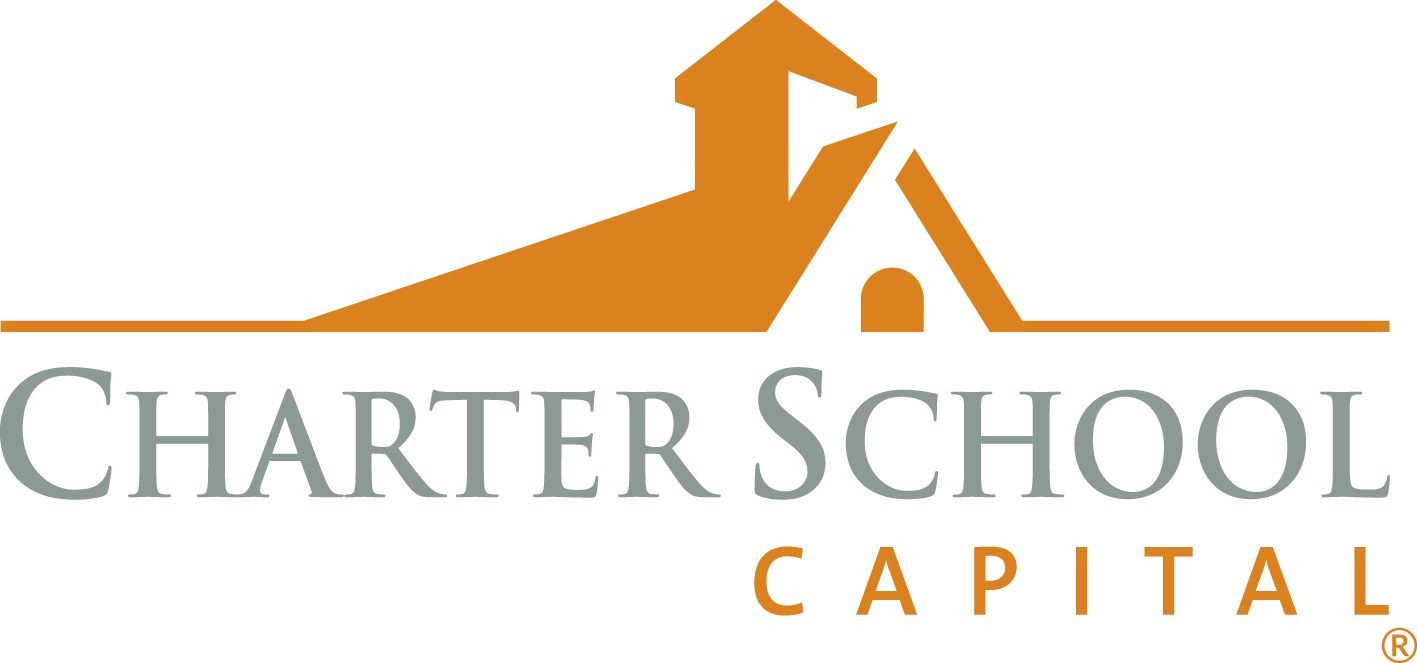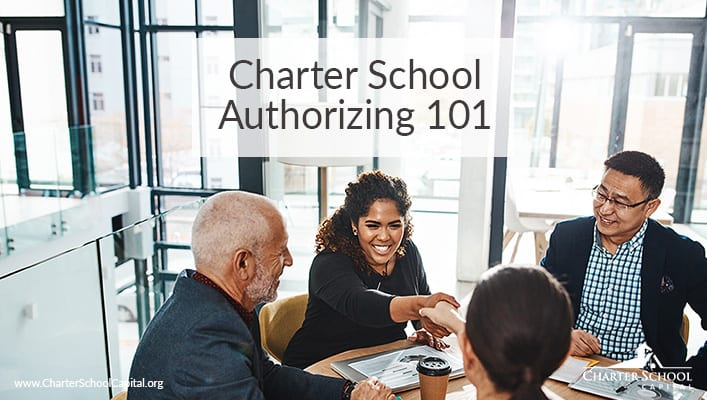Charter School Authorizing 101
Editor’s Note: This video was produced by the National Association of Charter School Authorizers (NACSA) on November 12, 2018. NACSA is an independent voice for effective charter school policy and thoughtful charter authorizing practices that lead to more great public schools.
This short video does a clear and thorough job at explaining how charter school authorizers function and the role authorizers play in maintaining quality charter schools across our country by holding schools accountable for their performance.
We think it’s vital to keep tabs on the pulse of all things related to charter schools, including informational resources, and how to support charter school growth and the advancement of the charter school movement as a whole. We hope you find this—and any other article we curate—both interesting and valuable.
Watch the video and/or read the transcript below to learn more.
What Are Charter Schools?
Hi there. I’d like you to meet Gina. Today, she becomes one of tens of thousands of kids who will graduate from a public charter school this year. What are charter schools? Well, charter schools are independently run public schools that have greater flexibility in their operations and are accountable for great performance. Simply put, charter schools receive more freedom for meeting higher expectations. Charter schools don’t just pop up in a community. There’s an important process to create a new charter school, and it begins with a vision and authorizers.
What Are Authorizers?
Now, let’s take a look at how authorizing works. Although their work happens in the background, they’re pretty important to producing great schools. Authorizers are entities that decide who can start a charter school, set the academic expectations, and monitor school performance. They also decide whether a charter school should remain open or close. Authorizers are all around the country. Some states have many, while others have only a few. In some states, authorizers are universities or non-profits. They might be state education agencies, independent boards, or municipalities, but almost 90% of authorizers are local school districts.
How do Schools Get Authorized?
That’s the case for Gina’s school. The process that brought Gina here started many years ago when a group of teachers came up with the idea to create a bilingual charter school based on the need they identified in the community. These teachers did their homework. They submitted their application to the local charter school authorizer. The authorizer reviewed the mission, the academic plans, the fiscal and operational details, and their overall strategy to run the school successfully. The authorizer met with the teachers and school leaders. Together, they agreed on specific academic and financial goals, as well as general school operations. And the charter school was approved!
Getting a Charter Renewed
Gina’s school has been successful for 10 years. The authorizer kept a close eye on their progress and their contract was renewed! Unfortunately, that’s not always the case. Two schools in Gina’s city didn’t do so well, and because they are required to meet these high expectations, it’s up to the authorizer to decide what’s best for these students—keep the charter school open or shut it down? One school was put on probation and the other was closed. Authorizers ensure that no child attends a failing school. Not all families around the country have Gina’s experience. Terry lives in a district with a school board whose application process is so hostile to charters that no one even bothers to apply. In Tamika’s case, there are several charter schools in her community, but all are among the lowest performing in the state.
Ensuring that Charter Schools Thrive
There’s Avery, and Daniel, and Kai, and so many more children who are on a waiting list to attend only two other charter schools in the city because their authorizers are under political pressure and won’t open any new charters.
It’s not supposed to be this way.
Make sure your community has a great charter school authorizer by visiting www.AuthorizingMatters.org.
Together we can open the door to a better future for millions more students like Gina.
 Since the company’s inception in 2007, Charter School Capital has been committed to the success of charter schools. We provide growth capital and facilities financing to charter schools nationwide. Our depth of experience working with charter school leaders and our knowledge of how to address charter school financial and operational needs have allowed us to provide over $1.8 billion in support of 600 charter schools that have educated over 1,027,000 students across the country. For more information on how we can support your charter school, contact us. We’d love to work with you!
Since the company’s inception in 2007, Charter School Capital has been committed to the success of charter schools. We provide growth capital and facilities financing to charter schools nationwide. Our depth of experience working with charter school leaders and our knowledge of how to address charter school financial and operational needs have allowed us to provide over $1.8 billion in support of 600 charter schools that have educated over 1,027,000 students across the country. For more information on how we can support your charter school, contact us. We’d love to work with you!
